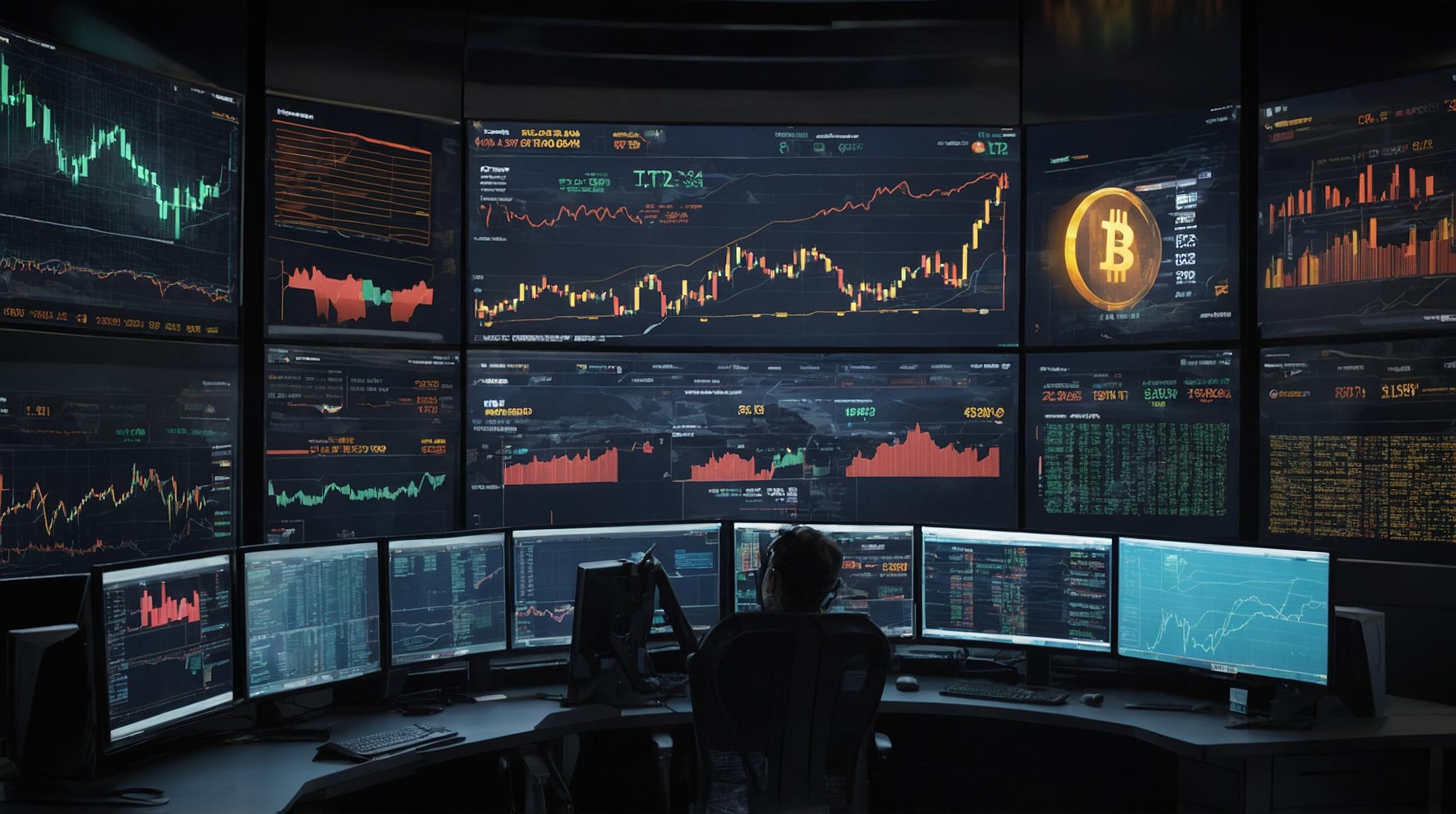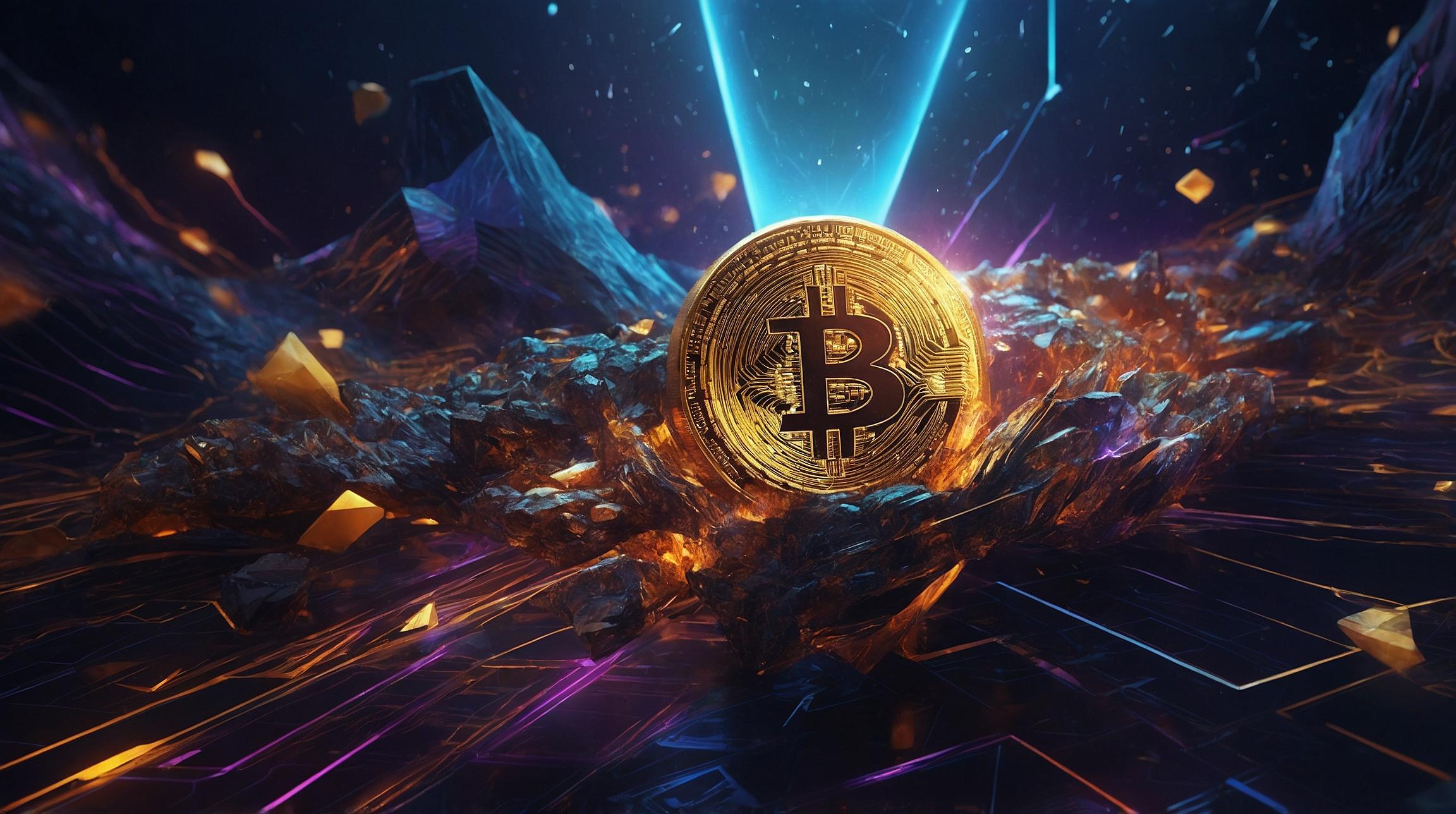Vitalik Buterin proposes gas limit increase to boost Ethereum network
During an Ask-Me-Anything (AMA) session on Reddit, Ethereum co-founder Vitalik Buterin suggested raising the Ethereum gas limit to 40 million in order to improve network throughput. The gas limit determines the maximum amount of gas that can be spent on executing transactions or smart contracts in each block. Buterin noted that the gas limit has not been increased for nearly three years, which is the longest duration in the protocol’s history. He advocated for a “modest” increase in the gas limit, stating that it would be reasonable to do so at this point.
The rationale behind Vitalik Buterin’s call for a gas limit increase
Buterin explained that increasing the gas limit would enhance network throughput and capacity. Currently, the gas limit is set at 30 million, and Buterin’s proposed increase to 40 million would represent a 33% rise. As network usage and adoption of Ethereum have grown over time, the gas limit has gradually increased. However, it has not kept up with the increasing demand on the network in recent years. Buterin’s call for a gas limit increase stems from the need to accommodate the growing number of transactions and smart contract executions on the Ethereum network.
Potential implications of a 33% gas limit increase on Ethereum
If the gas limit were to be increased to 40 million, it would allow more transactions to be included in each block. This, in turn, would increase the overall throughput and capacity of the Ethereum network. However, it’s worth considering the potential implications of such an increase. Raising the gas limit can put additional strain on hardware and increase the risk of network spam and attacks. It’s crucial for validators to find a balance between accommodating more transactions and maintaining the network’s performance and security.
Assessing the impact of higher gas limit on network performance
Increasing the gas limit can have a mixed impact on network performance. On one hand, it would allow more transactions to be processed, potentially reducing congestion and improving overall efficiency. On the other hand, it could strain the network’s resources and potentially slow down transaction processing times. Validators must carefully assess the impact of a higher gas limit on the network’s capabilities and ensure that the network can handle the increased load without compromising security or decentralization.
Examining the challenges and benefits of raising the Ethereum gas limit
Raising the Ethereum gas limit presents both challenges and benefits. The primary challenge is finding the right balance between accommodating increased transaction volume and maintaining network performance and security. Validators need to carefully consider the potential risks of increasing the gas limit, such as network spam and attacks. Additionally, a higher gas limit may require more robust infrastructure and resources to support the increased network load.
On the other hand, raising the gas limit can provide benefits such as increased network throughput and capacity. It would allow more transactions to be processed, potentially reducing congestion and improving user experience. This could be particularly beneficial in times of high network demand, when transaction fees tend to increase. By increasing the gas limit, Ethereum aims to enhance its scalability and accommodate the growing needs of the ecosystem.
Overall, Vitalik Buterin’s proposal to raise the Ethereum gas limit to 40 million reflects the need to adapt to the network’s increasing demand. While it has benefits in terms of improved network throughput, it also brings challenges in terms of network performance and security. Validators and stakeholders must carefully consider these factors as they evaluate the potential impact of a higher gas limit on the Ethereum network.
Analyst comment
Positive news:
– Vitalik Buterin proposes gas limit increase to boost Ethereum network.
As an analyst, I predict that the market will respond positively to this news. Increasing the gas limit can improve network throughput and capacity, benefiting transaction processing and user experience. However, careful consideration is required to balance increased load without compromising security or decentralization.













